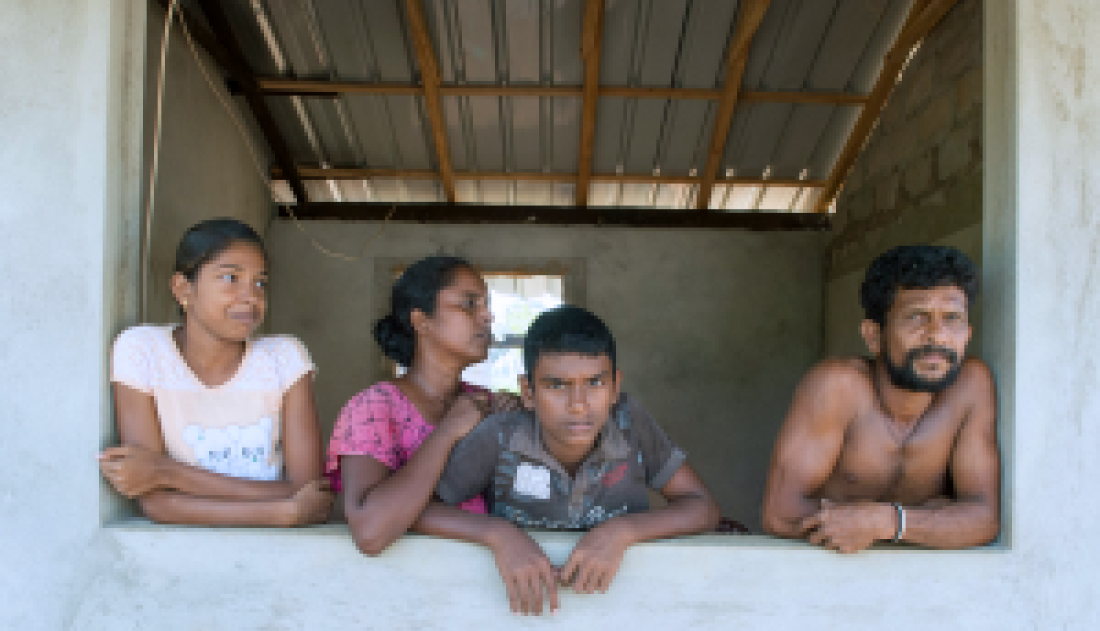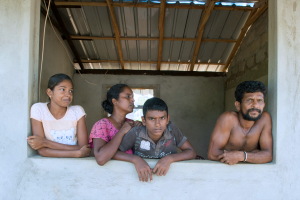
 Humankind has achieved unprecedented social progress over the past decades. Poverty has declined dramatically across the world and people are healthier, more educated and better connected than ever before. Yet, progress has been uneven. Social and economic inequalities persist and, in many cases, have worsened. In every country, some individuals and groups confront barriers to full participation in economic, social and political life.
Humankind has achieved unprecedented social progress over the past decades. Poverty has declined dramatically across the world and people are healthier, more educated and better connected than ever before. Yet, progress has been uneven. Social and economic inequalities persist and, in many cases, have worsened. In every country, some individuals and groups confront barriers to full participation in economic, social and political life.
Against this backdrop of high inequalities, inclusiveness and shared prosperity have emerged as core aspirations under the 2030 Agenda for Sustainable Development. A central pledge of the 2030 Agenda is to leave no one behind and to see all goals and targets met for all nations and peoples and for all segments of society, and to endeavour to reach the furthest behind first.
This core message echoes the commitment to foster social justice, equality and inclusion made by Governments at the World Summit for Social Development, 21 years ago, and is founded on the fundamental principle that development will not be sustainable unless it is inclusive.
The focus of the 2030 Agenda on inclusiveness underscores the need to identify who is being left behind and in what ways, which is what Report on the World Social Situation 2016 sets out to do. Specifically, the report examines patterns of social exclusion and considers whether development processes have been inclusive, paying particular attention to the links among exclusion, poverty and employment trends. In so doing, the report hopes to stimulate research, action and a broader debate on the actions needed to leave no one behind.
Learn more about the Note by the Secretariat on the World Social Situation 2016: Leaving No One Behind - the Imperative of Inclusive Development:
English | Français | Español | Русский | عربي | 汉语
 Welcome to the United Nations
Welcome to the United Nations


